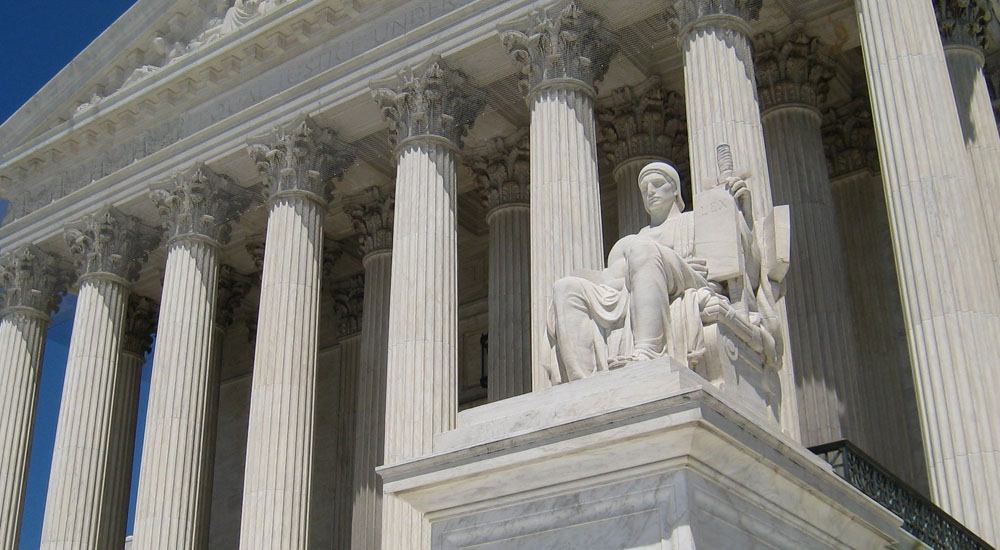At the beginning of week, the U.S. Supreme Court will hear oral arguments in the case of Virginia House of Delegates v. Bethune-Hill to settle the legal and legislative impasse over the Commonwealth’s political district maps. The U.S. District Court for the Eastern District of Virginia struck down the House’s legislative map in June 2018, detailing that 11 districts in the Richmond and Hampton Roads metropolitan areas were racially gerrymandered to concentrate African-American voters into majority-minority districts.
Following the ruling, Speaker of the House Kirk Cox (R-Colonial Heights) filed an appeal to the Supreme Court due to the lower court’s “incorrect conclusions.” Speaker Cox said, “The district court erred by ignoring objective evidence of neutral redistricting decisions and by discarding first-hand testimony…in favor of theoretical and post-hoc expert opinions about motive.”
In 2011, House Bill 5005, introduced by plan architect Delegate Chris Jones (R-Suffolk), re-drew all 100 House of Delegates districts and 40 State Senate districts after the 2010 federal census. In that year’s special session, the measure passed the upper chamber with 32 votes and the lower chamber with 63, then signed into law in late April by then-Governor Bob McDonnell (R).
The plan also had the blessing of the Virginia Black Legislative Caucus, despite a few of a group’s lawmakers that did not support the 55 percent mark for the black voting-age population (BVAP) in a district, which is justified as a “safe district” under the Voting Rights act of 1965.
In his capacity as Intervenor-Defendant in the case, Speaker Cox stated in his 416-page appeal that the “case is about coopting the federal courts to reverse that informed political decision and hand a political victory to the small minority of delegates who had differing political goals.” He added that the Eastern District of Virginia “considered only racial explanations, and transparently attempted to shield its one-sided conclusions from review by labeling them findings of fact and credibility.”
“That is paradigmatic clear error,” Speaker Cox said.
Regardless, the federal court gave the lower chamber of the Virginia legislature until October 30 of last year to redraw the maps, but Governor Ralph Northam (D) signaled that he would veto the bipartisan redistricting plan, seemingly giving the job to a court-appointed special master – the same person that reconfigured Virginia’s congressional districts in 2016. The House’s new legislative map, revealed in late 2018, changed the lines of 26 districts, moving several powerful Republicans into more liberal-siding districts.
To recap the impasse:
There was the $4 million Democratic lawsuit challenging the 2011 map; a federal court ruling part of the map unconstitutionally racially gerrymandered; a motion filed to the Supreme Court by Republicans; a mysterious map maker hired by Democrats; a “politically-neutral, race-blind” remedial map from Republicans; a scheduled vote in Richmond after a bipartisan agreement; a promise to veto the new plan by Governor Ralph Northam (D); a judicial contingency plan; a “special master” to re-draw the districts; an announcement that the Supreme Court will hear the redistricting case from Republicans in the spring; Speaker Cox calling for a stay on the judicially-mandated map pending the high court decision and to move back 2019 House primaries; and then the denial of that request.
Nevertheless, the Supreme Court will consider the fate of the Commonwealth’s legislative map on Monday, which could again change the potential outcome of the 2019 elections as all 140 members of the legislature are up for re-election in November as the GOP holds on to a slim, one-member majority.

